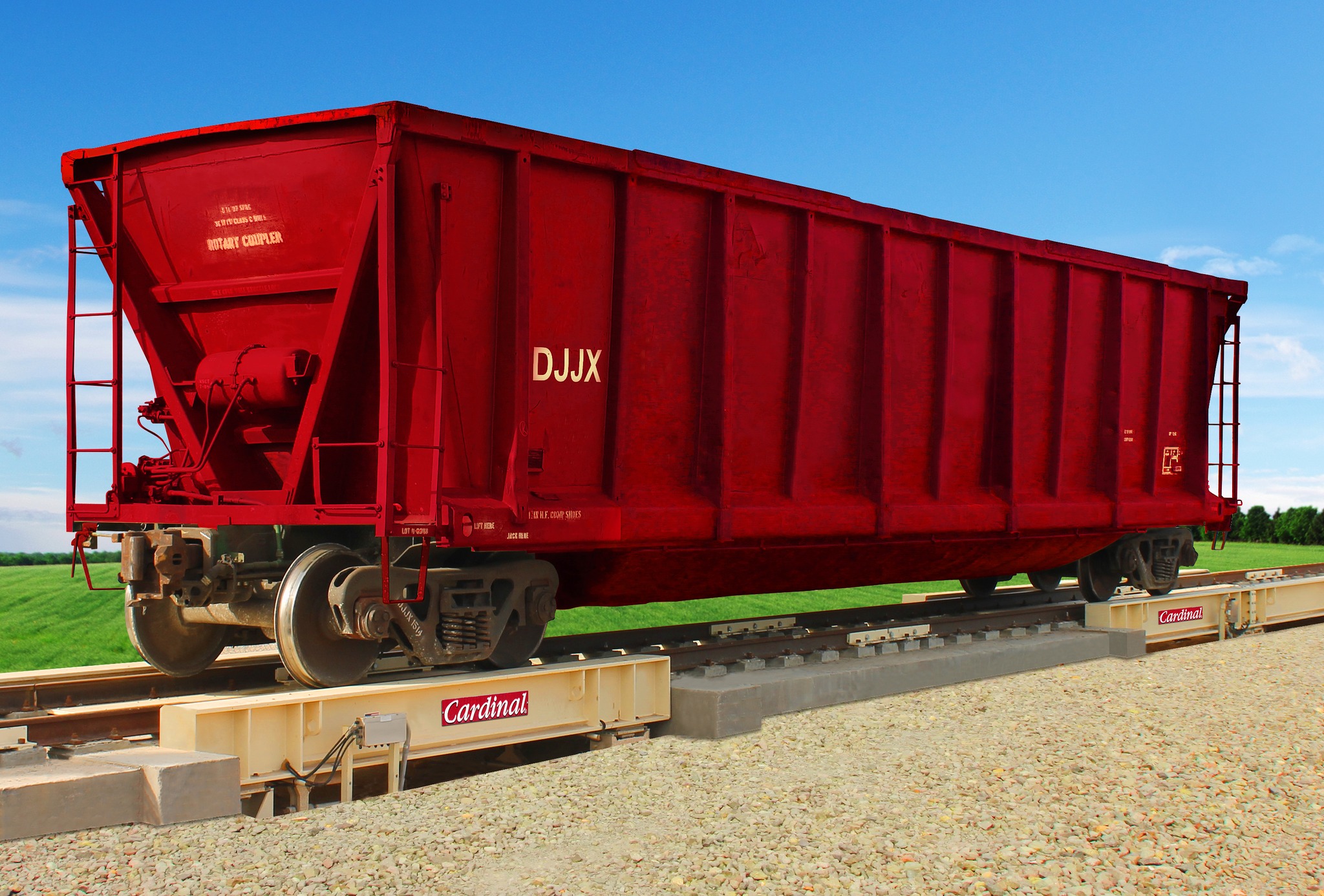What Instruments Are Commonly Covered by Calibration Services
In industries where precision and accuracy are critical, instrument calibration plays a vital role in ensuring reliable measurements. From manufacturing and laboratory research to construction and aerospace, many sectors rely on instruments that must perform within exact specifications. Calibration services are designed to verify, adjust, and document the accuracy of these tools, ensuring that they operate correctly and comply with industry standards. Understanding which instruments are commonly covered by calibration services can help businesses maintain operational efficiency, reduce errors, and ensure regulatory compliance.
Understanding Instrument Calibration Services
Instrument calibration is the process of comparing the
measurements of an instrument with a known standard and making necessary
adjustments to correct any deviations. This process is essential because even
slight inaccuracies can lead to significant consequences, whether in product
quality, safety, or scientific research. Instrument Calibration Services
encompass a wide range of devices, from simple hand tools to highly
sophisticated laboratory equipment. Professional calibration providers often
offer detailed reports, certificates of calibration, and traceability to
national or international standards, providing confidence in the instrument's
performance.
Commonly Calibrated Measuring Instruments
1. Pressure Gauges and Sensors
Pressure measurement is fundamental in industries such as
oil and gas, manufacturing, and HVAC systems. Pressure gauges, transducers, and
sensors require regular calibration to maintain accuracy. Instrument
Calibration Services typically involve verifying the readings against certified
standards, adjusting for any discrepancies, and ensuring that the instrument
operates within its specified tolerance range. Proper calibration of pressure
instruments prevents system failures, ensures safety, and enhances process
efficiency.
2. Torque Wrenches
Torque wrenches are crucial tools in automotive, aerospace,
and manufacturing applications, where precise tightening of bolts and fasteners
is essential. Calibration ensures that the torque applied matches the intended
specification. Tool Calibration Houston TX services often cover torque
wrenches, providing accurate measurements to prevent mechanical failures,
maintain structural integrity, and reduce liability risks.
3. Scales and Balances
Weight measurement instruments such as digital scales,
mechanical balances, and truck scales are widely used in logistics, retail, and
laboratory environments. Regular calibration guarantees that these devices
provide precise measurements. Companies offering Instrument Calibration
Services check for deviations, adjust the scale mechanisms, and document
results to maintain compliance with industry regulations. For businesses
seeking reliable weight measurements, Industrial Scale & Measurement
provides specialized calibration services designed to uphold accuracy across
all types of scales. Visit
this website for more information.
4. Temperature Measurement Devices
Temperature control is vital in food processing,
pharmaceuticals, chemical manufacturing, and laboratory experiments. Devices
such as thermometers, thermocouples, and temperature data loggers are
calibrated to ensure they provide correct readings. Calibration involves
comparing the instrument's output against a traceable standard and adjusting
any errors to maintain consistency and safety. Properly calibrated temperature
instruments prevent product spoilage, ensure regulatory compliance, and support
quality control processes.
5. Electrical Measuring Instruments
Electrical meters, multimeters, oscilloscopes, and power
analyzers are essential tools in electronics, energy, and manufacturing
sectors. Electrical calibration services ensure that voltage, current,
resistance, and other parameters are measured accurately. Instrument
Calibration Services for these tools help maintain operational efficiency,
detect faults early, and prevent costly downtime. Businesses relying on
electrical measurements often schedule periodic calibrations to maintain
optimal performance. Get Started with reliable calibration solutions to protect
your investments in electrical tools.
6. Dimensional and Mechanical Instruments
Calipers, micrometers, height gauges, and other dimensional
measurement devices are used extensively in manufacturing and engineering
applications. Accurate measurement is critical to producing parts that meet
tight tolerances. Calibration services for mechanical instruments involve
verifying measurement accuracy, making necessary adjustments, and providing
certification. Companies offering Tool Calibration Houston TX ensure that these
instruments maintain their precision, reducing scrap rates, improving product
quality, and supporting compliance with industry standards.
7. Flow Meters and Analytical Instruments
Flow meters, pH meters, spectrophotometers, and
chromatography instruments are common in chemical, pharmaceutical, and
environmental testing laboratories. Calibration services for analytical
instruments ensure the reliability of readings, reproducibility of results, and
adherence to regulatory requirements. Regular calibration helps laboratories
maintain data integrity, optimize experimental processes, and prevent costly
errors in analytical results. Click Here for a detailed guide on analytical
instrument calibration.
8. Environmental Monitoring Instruments
Devices used for environmental monitoring, such as humidity
sensors, anemometers, and gas detectors, require precise calibration to provide
accurate readings. These instruments are critical in laboratories, industrial
facilities, and research centers where environmental conditions must be closely
monitored. Instrument Calibration Services verify sensor accuracy, adjust
calibration settings, and provide documentation to maintain compliance with
environmental standards. More Information on calibration for environmental
monitoring instruments can be found through professional service providers.
Importance of Regular Calibration
Regular calibration ensures that instruments deliver
consistent, accurate results. Inaccurate measurements can lead to product
defects, safety hazards, regulatory noncompliance, and financial losses. By
scheduling routine calibration, businesses can maintain quality standards,
improve operational efficiency, and extend the life of their equipment.
Companies offering Instrument Calibration Services often provide customizable
calibration schedules, on-site or off-site services, and detailed calibration
certificates for traceability.
Selecting the Right Calibration Provider
When choosing a calibration service, it is important to
consider the provider's expertise, accreditation, and experience with specific
instruments. A reputable provider ensures traceability to national or
international standards and offers comprehensive documentation. Tool
Calibration Houston TX specialists, for example, bring in-depth knowledge of
both mechanical and electrical tools, ensuring that every instrument is
calibrated accurately and efficiently. Go to the Website to learn more about
selecting professional calibration services.
Conclusion
Instrument calibration is essential across numerous
industries to ensure precision, safety, and compliance. Commonly covered
instruments include pressure gauges, torque wrenches, scales, temperature
devices, electrical meters, dimensional tools, flow meters, and environmental
monitoring instruments. Professional Instrument Calibration Services verify and
adjust these tools to meet strict standards, providing peace of mind to
businesses and professionals alike. Partnering with trusted providers such as Industrial Scale & Measurement
ensures accurate measurements and operational reliability across all
instruments.



Comments
Post a Comment